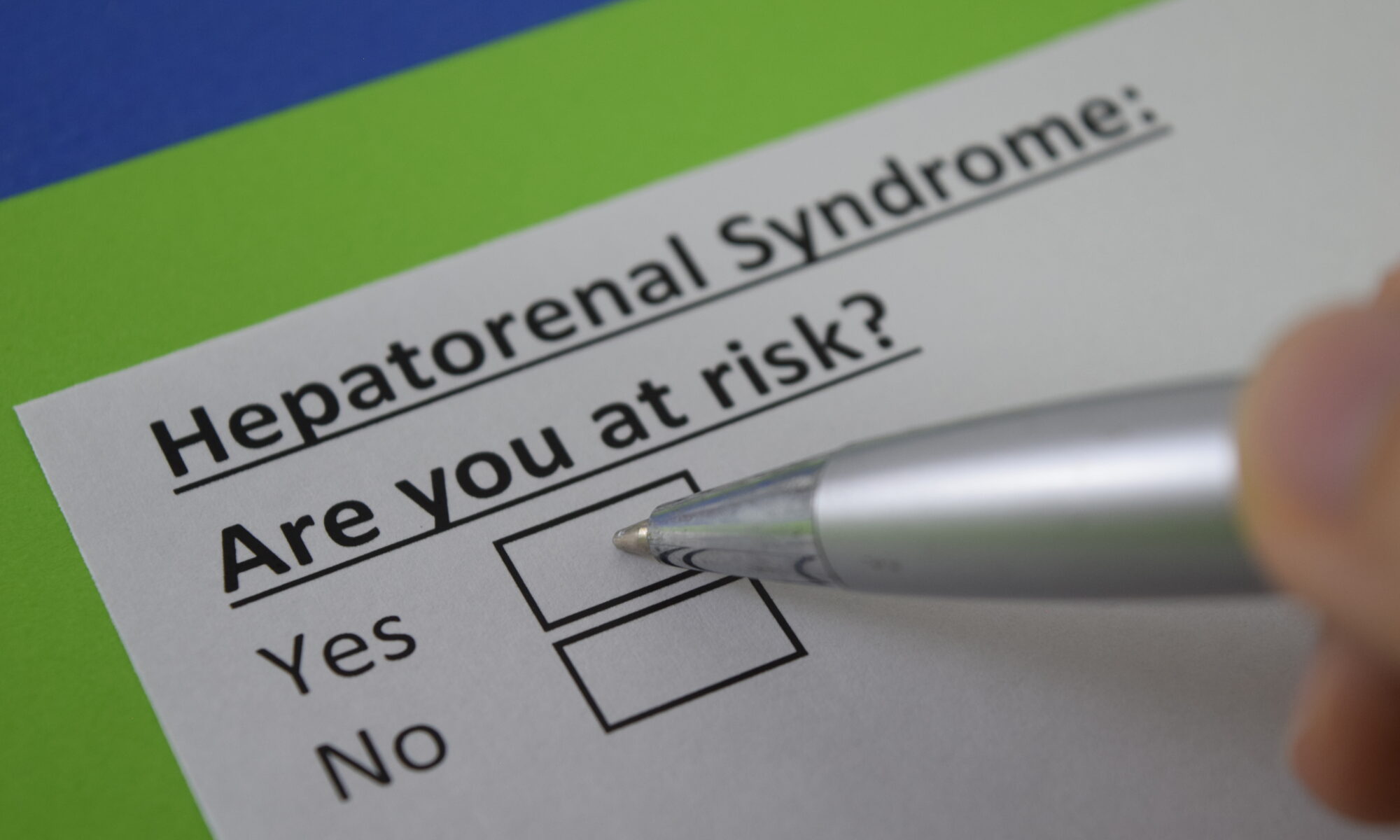Until recently, there was no FDA-approved treatment in the United States for hepatorenal syndrome, a major complication of advanced liver disease. Patients with hepatorenal syndrome develop acute kidney failure, and often require dialysis. After more than a decade of research, in September 2022 the FDA granted approval to terlipressin, a medication that can reverse kidney failure in these patients, quickly establishing terlipressin as the routinely prescribed medication.
“Hepatorenal syndrome is associated with high mortality,” says Stevan A. Gonzalez, MD, MS, a hepatologist on the medical staff and medical director of liver transplantation at Baylor Scott & White All Saints Medical Center – Fort Worth. “Historically, it has been a real challenge to manage these patients because we haven’t had access to this medicine. Having access to this new treatment is really important in terms of improving outcomes in this high-risk population.”
For more information or to refer a patient, call us at 817.922.4650.
Baylor University Medical Center at Dallas and Baylor Scott & White All Saints Medical Center – Fort Worth were two sites of the CONFIRM trial, a major, multicenter randomized controlled study of terlipressin. Dr. Gonzalez was one of the top enrolling physicians in the United States for the trial, and was a co-author of the original manuscript of the results. The paper was published in March 2021 in The New England Journal of Medicine, which led directly to the FDA approval.
“This was a high-impact study that garnered a lot of recognition and interest in the liver disease community,” Dr. Gonzalez says. “Baylor Scott & White has been at the forefront, participating in clinical trials of terlipressin over the last 10 years. We have been fortunate to capitalize on our experience and expertise in using this drug to provide advanced treatment for our patients.”
Dr. Gonzalez emphasizes that early diagnosis of hepatorenal syndrome is critical to optimizing treatment with terlipressin. The earlier the condition is recognized and diagnosed, the more effective the medication is. In addition, it is important to recognize the clinical status of each patient and select appropriate candidates for the medication. “This is a complex, high-risk patient population, so it has proved impactful that we’ve developed the expertise to provide this treatment and manage these patients in order to achieve the best possible outcomes,” Dr. Gonzalez says. “When a patient with cirrhosis has to initiate dialysis, it increases their risk of having even more complications. The good news is that we have the potential to successfully treat their kidney failure with terlipressin, and patients may be able to avoid dialysis.”







